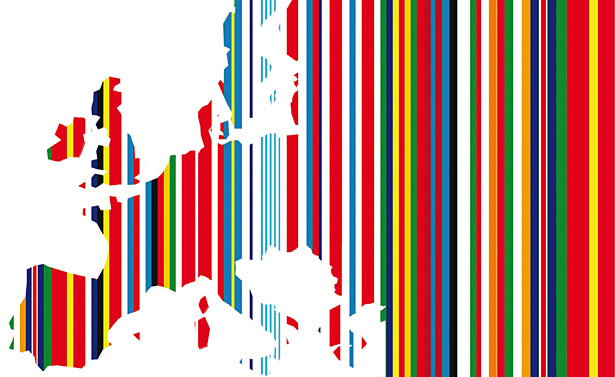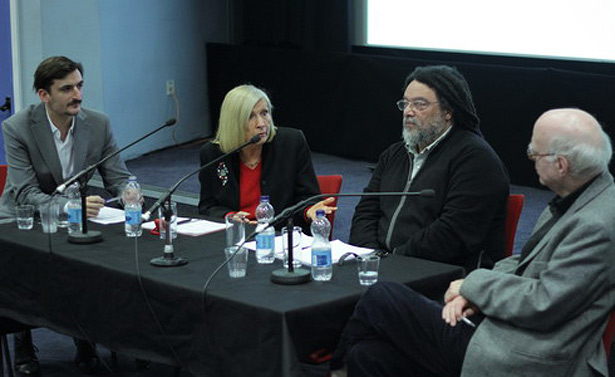The crisis in the EU has made cracks, as well as new cooperation between and within the national states evident. In this context the participants discussed the question of whether future communities can exist exclusively on the basis of common values and social consensus. How can the joint experience of cultural diversity and differences help communities form their identity?
The Belgian Political Scientist Chantal Mouffe established a post-political consensus amongst the selected political representatives which amounted to an apparent lack of alternatives and viewed the neo-liberal economic model as stagnant. This has led to lots of new protest movements that reject this (lazy) political compromise - such as the Indignados or the Occupy activists. If the democratic structures do not change, Mouffe foresees a creeping de-politicisation of society: Mature citizens are becoming manipulated consumers

